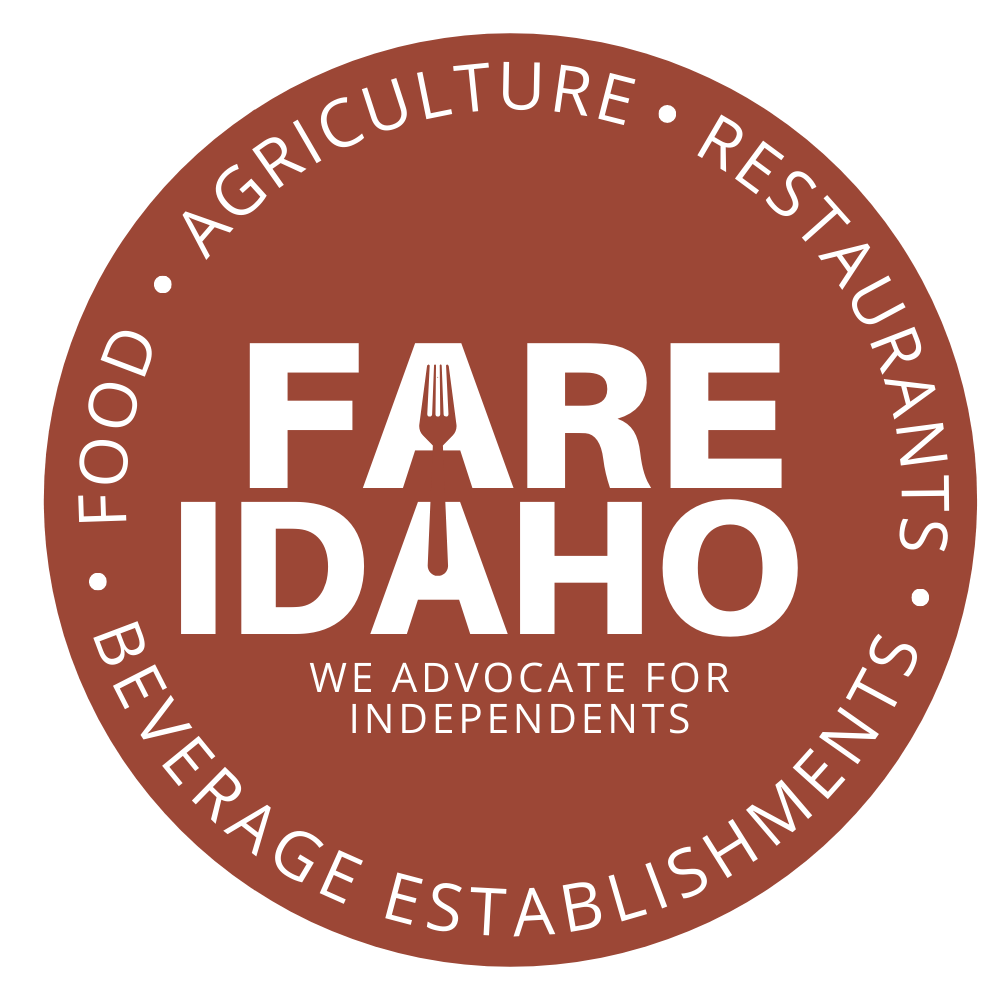JD’s Bodega
Story and Photography by Gustavo Sagrero
Right across the street from Boise’s City Hall, Josh Davis and his Bodega had a front seat to the turmoil that began in the spring and unraveled over the summer. Barely stepping into their third year of business, JD’s Bodega had high hopes of a good year. Treefort Music Festival was around the corner and they had started building their clientele over the past few years. As the pandemic spread these hopes soured and were continuously tossed about in the waves made in the summer and fall. The PPP Loan he was able to secure from the federal government, while helpful, had inconsistencies that he faced as one of the first recipients of PPP. This put him at a disadvantage when he looked to apply for grants to keep his business going.
A couple years ago, when Davis opened up his store, he had high hopes of building a community. Davis’ bodega was at a nexus of different offices, restaurants, small shops, and government buildings. He wanted the focus to be around providing a space for local small businesses to have shelf space to sell their products such as t-shirts, snacks, ice-cream, quick to-go sandwiches, and a good portion of them being local.
He wasn’t a stranger to the desire of creating community, he had played a crucial role in developing Rhodes Skate Park, which has been a refuge for many skaters in the area.
Davis has been able to create community and more at his Bodega, even in the middle of a pandemic. “This place has almost turned into a barbershop” he said, “where people don’t have anywhere else to go vent or go talk--come in here, and we hear the stories of what people are going through.”
Creating this kind of space hasn’t been without its trials. Over the summer Davis has had to close his doors a couple of times, and kick people out during the counter-protests that rose in objection to protests over the deaths of George Floyd and Breonna Taylor.
Davis felt no threat from the protesters, instead noting about the armed counter-protesters, “Having weapons in front of our doors--doesn’t drive in any customers at all,” he said, “It was really frustrating to explain to those people that they weren’t helping our business, they were hurting it”. Within the group of counter-demonstrators, were also individuals not willing to follow COVID-19 guidelines such as using masks. This often led to confrontations with staff who would ask people to follow guidelines.
“We’ve had employees yelled at, screamed at” he said, “I’ve had a camera stuck in my face, calling me a communist when in reality I’m just trying to save-trying to do something good for the community.”
Davis notes that even though it felt like these clashes lasted months, in reality it was more akin to 7 or 8 days of demonstrations spread over a handful of months. Despite this, in his eyes, these conflicts have painted the downtown area in a bad light, and a place to avoid which has only exasperated the ghost town vibe of the downtown corridor.
It's a staunch juxtaposition to what he sees in the neighborhood he lives in on the bench. While it's clear every local business is hurting, moving into the winter months he's worried about the shops, restaurants and coffee spots downtown. This community of local spots depends on people coming down, and it doesn't seem like that's going to happen anytime soon.

